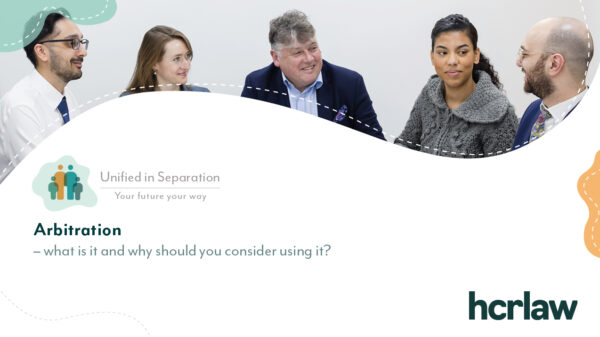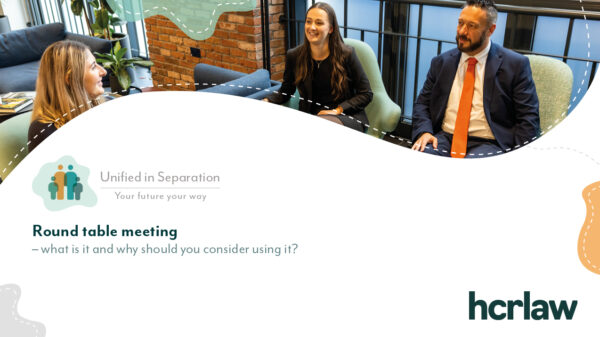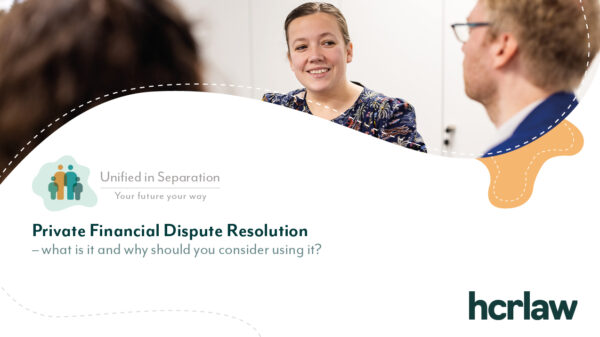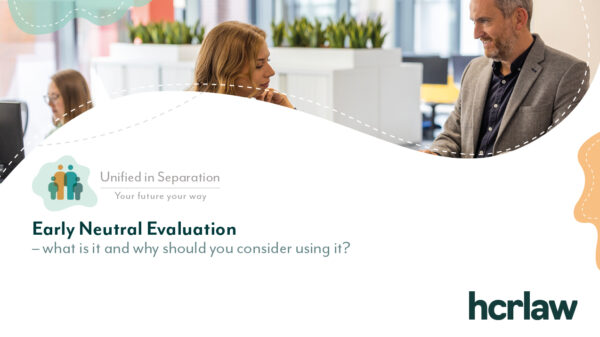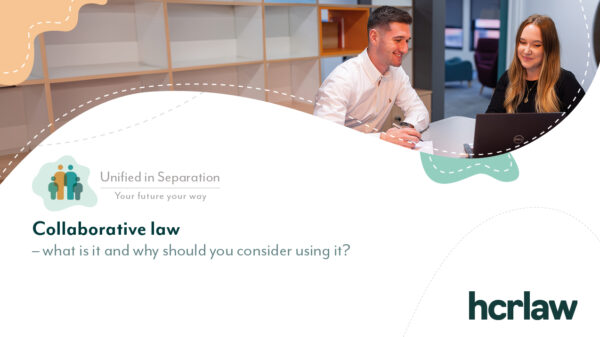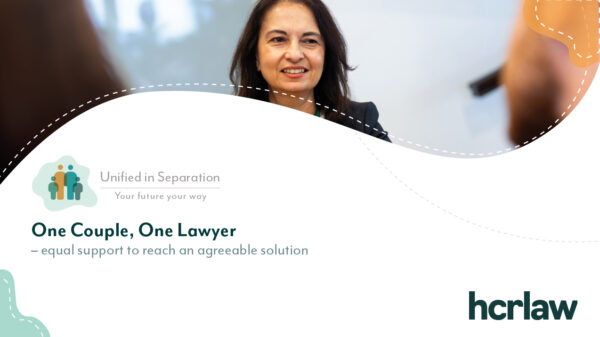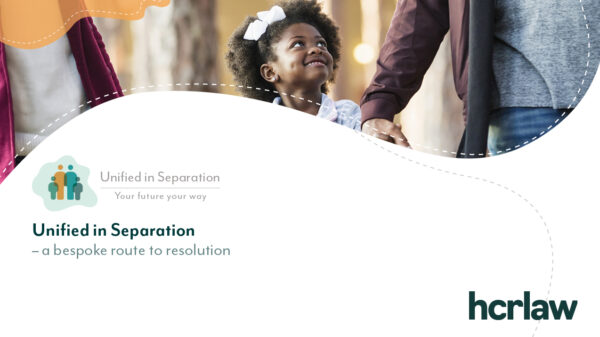

“My message is that, whilst it is obviously necessary for there to be access to a branch of the justice system in the event of an intractable dispute about children or family finances following a break-up, taking proceedings in the Family Court should be the option of last resort, rather than, as it is seen by many, the first port of call.” – Sir Andrew McFarlane
The above quotation is taken from a speech delivered by Sir Andrew McFarlane, the country’s most senior family law judge, at the University of Worcester back in 2022. The message was then as it is now. Keep families out of the court room!
Of course, this does not apply to every case, and there are some pretty hefty caveats. However, the underlying message is that litigants should think very carefully about marching off to court without considering or exploring ways of resolving the problem by other means, known as non-court dispute resolution (NCDR).
This has culminated in a number of significant recent amendments to the Family Procedure Rules, which govern how family cases are dealt with in court, to arm judges with the tools they may need to ensure litigants oblige, including:
- Judges now have the power to pause or delay court proceedings and direct litigants to engage in NCDR
- Costs orders – that is an order requiring one party to pay the legal costs of the other – where one party initiates court proceedings unnecessarily, without proper consideration of NCDR.
From the outset, it is more important than ever for separating families to get the right advice and guidance on the NCDR options available, to tackle the key issues in a case constructively and cost-effectively.
It’s about making informed choices and picking the right tool for the job. I will be the first to admit that my DIY skills at home are far from exemplary, but would I use a hammer and duct tape for every job around the house? No – well, probably not! Will those tools be right for some jobs? Maybe! But certainly not every job.
It’s by no means a perfect analogy, but in general family law is no different. There are a whole host of “tools” to choose from; it’s about identifying the right one for the job at hand.
Under the new rules, the definition of NCDR has been widened to expand the toolbox analogy above and include formats such as arbitration, neutral third party evaluation – which can take the form of a private financial dispute resolution hearing – and collaborative law.
Most will be aware of mediation and the important role this has played in family law cases for a number of years, but with these rule changes, the courts are recognising this is just one of many. Again, in some cases, particularly those with elements of domestic abuse or controlling and coercive behaviour, one-on-one mediation just isn’t appropriate. Forms of lawyer-led NCDR such as arbitration or neutral third party evaluation may be extremely effective.
We offer all aspects of NCDR – including a one couple, one lawyer approach, arbitration, mediation, early neutral evaluation, round table meetings, private financial dispute resolution and collaborative law. You can find further information about each of these services here on the Unified in Separation section of our website.



